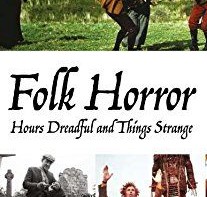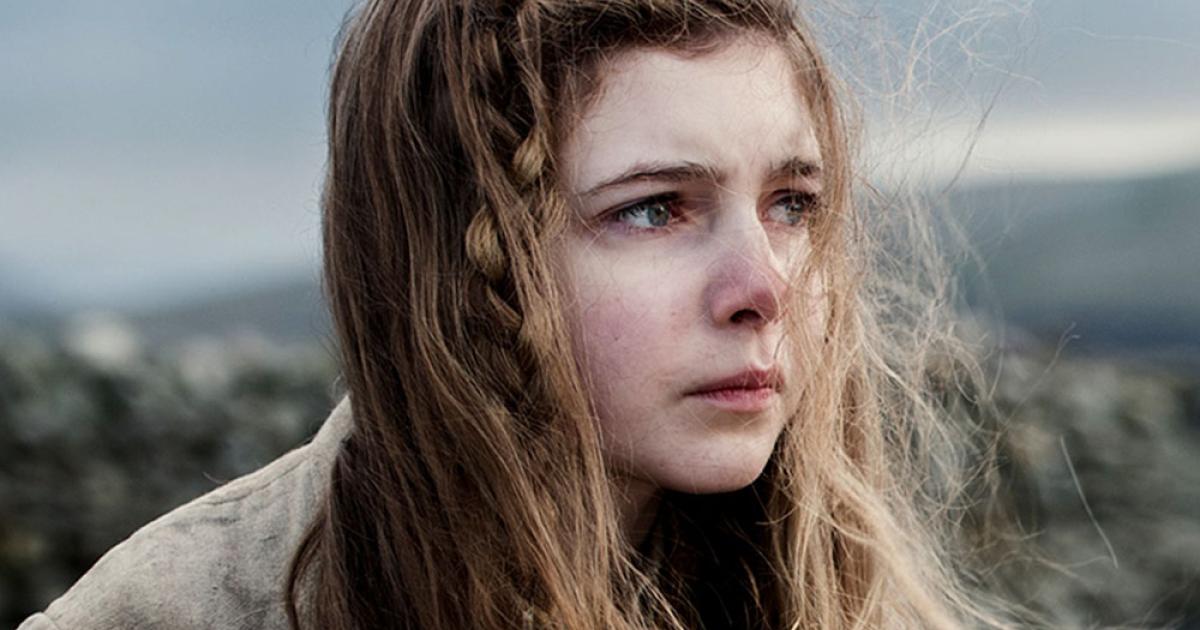Gwen is the debut feature of William McGregor, a writer-director with various prize-winning shorts and acclaimed TV runs to his name, including Poldark (2015-). His breakthrough effort, co-financed by the BFI, is a tricky film to define, but he has a very specific way of describing it for prospective viewers. “A slow burn, anti-capitalist folk horror would be the best description,” he says. “You have to add that caveat because if you tell people it’s only folk horror, they might go in with slightly different expectations.”
“I love Thomas Hardy, and I love folk horror. I love suspicion, folklore, tradition, beliefs – how all that affects us. I love the gothic, and I love landscape and the sublime, and all of these things just compressed themselves into this one film. I’m proud of the fact that it’s quite idiosyncratic. I think the best way of watching it is not knowing what to expect.”
…
The film had three titles over the years, the most recent before Gwen being The Dark Outside, which was changed to manage expectations concerning the tone. That said, McGregor is adamant that he does want Gwen to be seen as a horror film: “I believe that it is. I just feel I have to add the caveat that it’s a slow burn. It’s about atmosphere and the uncanny rather than full blown jump scares. But The Wicker Man (1973) and The Blood on Satan’s Claw (1971), those films are absolutely inspirations. As are the BBC adaptations of the M.R. James ghost stories and even Robin Redbreast (1970), a BBC Play for Today, is, I think, one of the seminal folk horror films.”
“The first time I came across Valerie and Her Week of Wonders (1970), I just fell in love with it. There’s another incredible film from the Czech New Wave called Witchhammer (1970), which I don’t think gets talked about enough in the origins of folk horror, but it’s one of the best films about witchcraft; the whole central injustice of that film still boils my blood now. Those are the films that inspired me. And folk horror is more than just The Wicker Man; it is broader. I think a lot of people would consider some of Ben Wheatley’s films in the vein of folk horror. It doesn’t just have to be something as straight up as The Witch (2015); it can be like A Field in England (2013). I think you can even call some of Ingmar Bergman’s films folk horror.”


